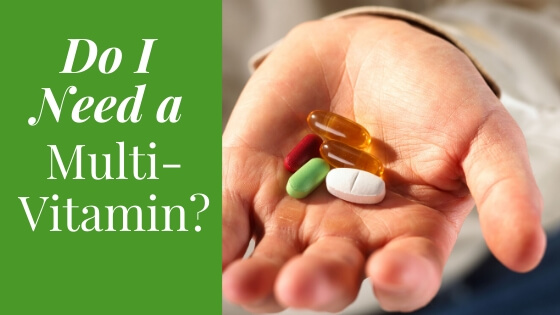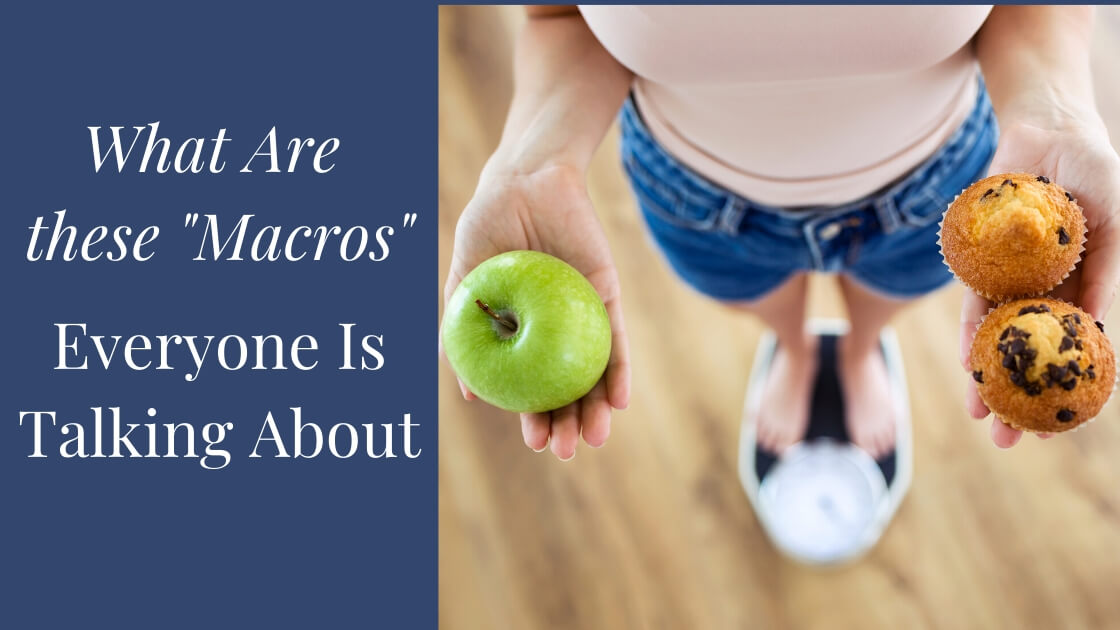Nutrition
Nutrition
- Posted On
- April 23, 2019
- In News, Nutrition, Thought Leadership
- by Iron Legion
Learn what sugar really is, the difference between natural and added sugars, and how too much can impact your health—from weight gain and diabetes to joint pain and fatigue. Discover practical tips to reduce sugar in your diet and create healthier habits for you and your family.
- Posted On
- April 16, 2019
- In Nutrition, Thought Leadership
- by Iron Legion
New to macros? Learn what proteins, carbs, and fats actually do for your body and why tracking them can accelerate your fitness results. From energy and recovery to fat loss and performance, this guide breaks down each macronutrient and how to make smarter food choices. Ready to start tracking? Let a coach at Iron Legion help you dial in your macros.









